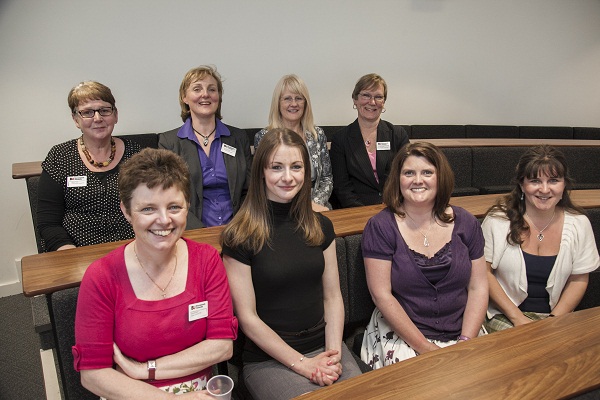As part of the SSC project, funded by Bournemouth University Fusion Investment Fund, we would like to invite you to the seminar series.
14:00- 15:00 Monday 29 April 2013
P410 (Poole House, Talbot Campus)
Speaker: Dr. Peng Liang, Free University Amsterdam, the Netherlands
Title: Ontology-based Software Architecture Documentation
Abstract. A common approach to software architecture documentation in industry projects is the use of file-based documents (e.g., Word documents). This documentation approach offers a single-dimensional perspective on the software architectural knowledge contained. Knowledge retrieval from file-based architecture documentation is efficient if the perspective chosen fits the needs of the readers; it is less so if the perspective does not match the needs of the readers. In this talk, I will describe an approach we developed aimed at addressing architecture documentation retrieval issues. We employed software ontology in a semantic wiki optimized for architecture documentation. We also evaluated this ontology-based documentation approach in a controlled industry experiment involving software professionals. The efficiency and effectiveness of the proposed approach is found to be better than that of the traditional file-based approach.
14:00-16:00 Wednesday 1 May 2013
P402 (Poole House, Talbot Campus)
Speaker: Prof. Marco Aiello, University of Groningen, the Netherlands
Title: The Smart Grid’s Big Data Generating Potentials
Abstract. The Smart Power Grid promises to not only provide for a more reliable distribution infrastructure, but also give the end-users better pricing, information, and freedom. The promise is fuelled by a pervasive digitalization of the energy production and distribution network that will finally involve utilities, governments, and end-users. The real advantages of the smart grid will be available to all, only if the physical infrastructure of energy distribution is supported by adequate information systems. In this talk, I will review the current state and possible evolutions of the concept of a smart grid, I will point to the (big) data that future information systems will need to manage and, finally, indicate possible uses for such information.
Speaker: Prof. Xinbo Gao, Xidian University, China
Title: Image Quality Assessment
Abstract. With the development of imaging technologies, visual information, recorded by images and videos, has become the main source for knowledge acquisition. In the process of image acquisition, processing, transmission, and storage, some artefacts or noise maybe introduced to images, which will degrade the visual quality. To improve the performance of image processing, it is necessary to assess image quality. Therefore, image quality assessment (IQA) is the prerequisite and foundation of imaging or image processing system optimization. The objective of IQA is to provide computational models to measure the perceptual quality of a given image. Recently, a large number of methods have been designed to evaluate the quality of images. In this talk, I will introduce some popular IQA metrics, especially several IQA metrics proposed by my group. They are organized into 3 categories, full-reference metrics, reduced-reference metrics and no-reference metrics.























 UKCGE Recognised Research Supervision Programme: Deadline Approaching
UKCGE Recognised Research Supervision Programme: Deadline Approaching SPROUT: From Sustainable Research to Sustainable Research Lives
SPROUT: From Sustainable Research to Sustainable Research Lives BRIAN upgrade and new look
BRIAN upgrade and new look Seeing the fruits of your labour in Bangladesh
Seeing the fruits of your labour in Bangladesh Exploring Embodied Research: Body Map Storytelling Workshop & Research Seminar
Exploring Embodied Research: Body Map Storytelling Workshop & Research Seminar ECR Funding Open Call: Research Culture & Community Grant – Apply now
ECR Funding Open Call: Research Culture & Community Grant – Apply now ECR Funding Open Call: Research Culture & Community Grant – Application Deadline Friday 12 December
ECR Funding Open Call: Research Culture & Community Grant – Application Deadline Friday 12 December MSCA Postdoctoral Fellowships 2025 Call
MSCA Postdoctoral Fellowships 2025 Call ERC Advanced Grant 2025 Webinar
ERC Advanced Grant 2025 Webinar Update on UKRO services
Update on UKRO services European research project exploring use of ‘virtual twins’ to better manage metabolic associated fatty liver disease
European research project exploring use of ‘virtual twins’ to better manage metabolic associated fatty liver disease